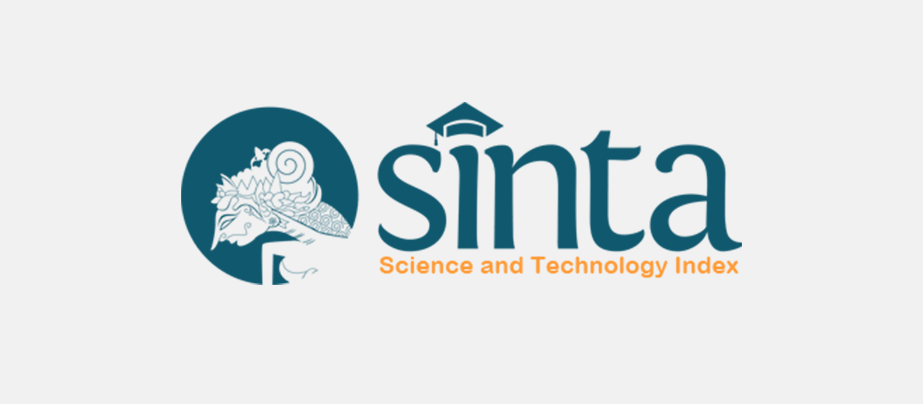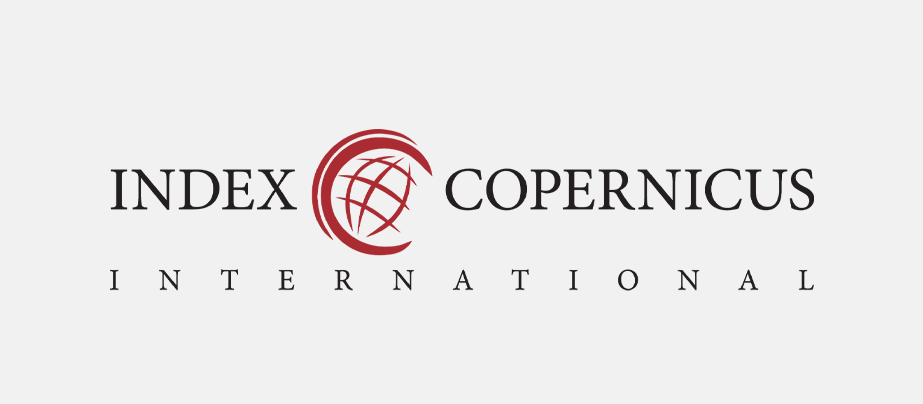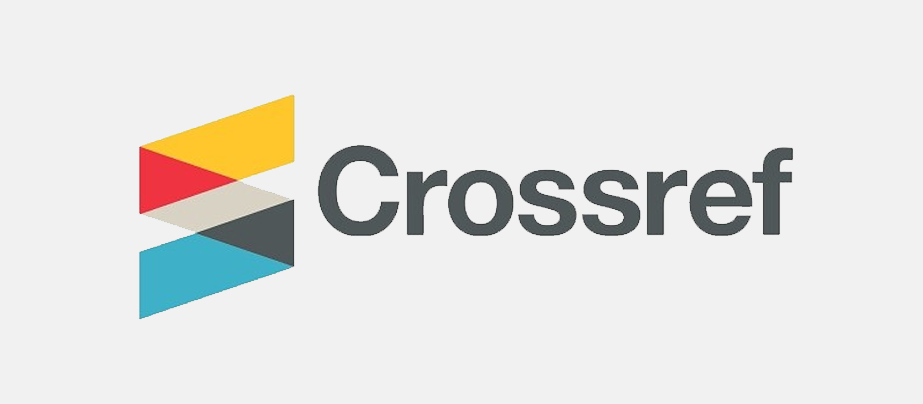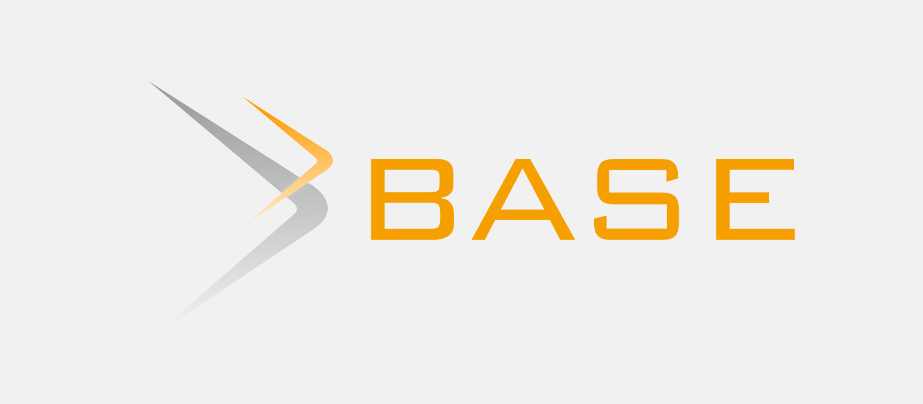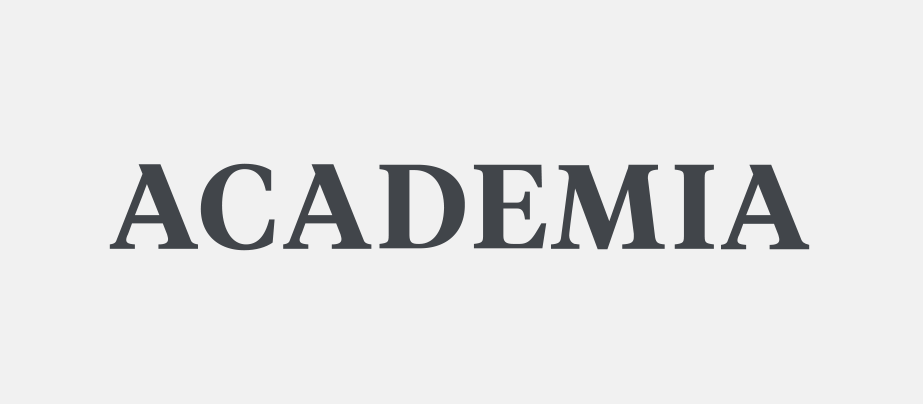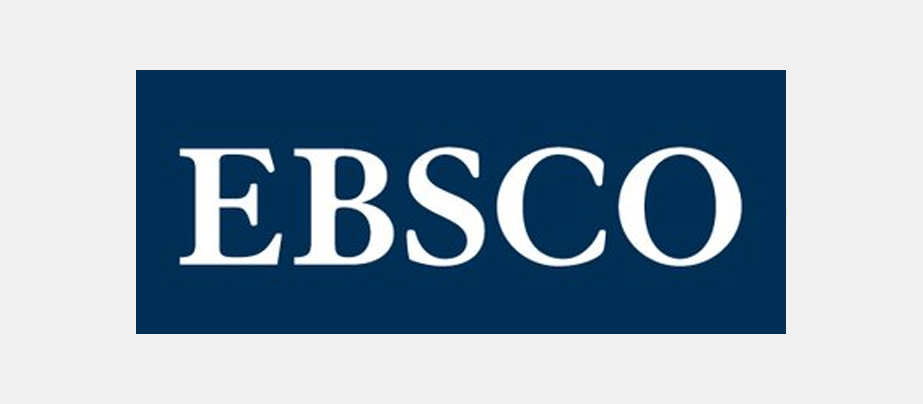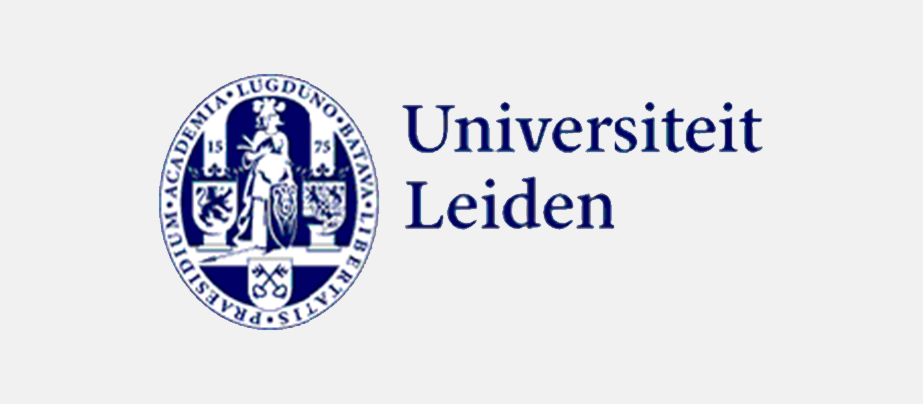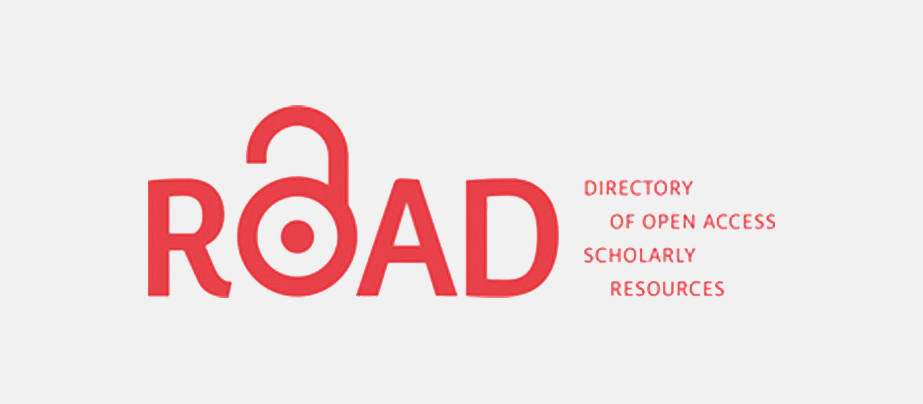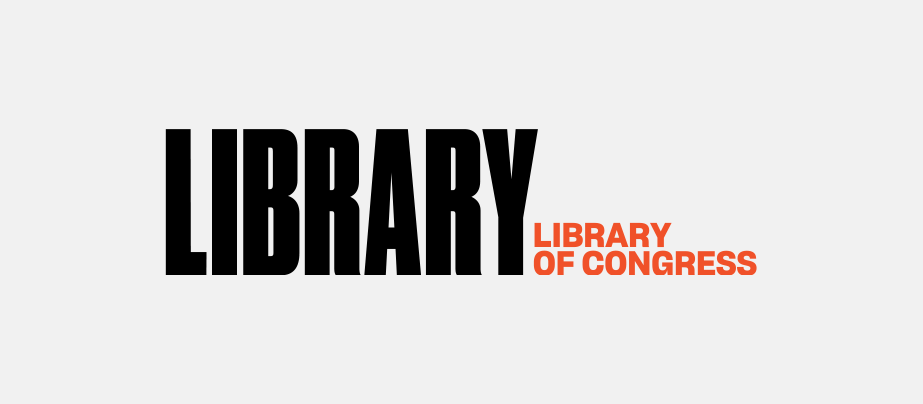The Framework of Maslahah Performa as Wealth Management System and its Implication for Public Policy Objectives
Abstract
Keywords
Full Text:
PDFReferences
Abu Zahrah, M. (1958).Ushul Al-Fiqh. Cairo: Darul Fikri al-Araby
Al-Allaf, M. (2012).The objectives (Maqasid) of the Islamic divine law. Unpublished paper
Al-Ghazali, A. (1937). Al-Mustasfa. Cairo: al-Maktabah al-Tijariyyah al-Kubra.
Al-Najjar, A. (2006). Maqaṣid al-shariʻah bi-abʻadjadidah. Beirut: Dar al-Gharb al-Islami.
Antonio, Muhammad Syafi’i, Yulizar D. Sanrego and Muhammad Taufiq, 2012, An Analysis of Islamic Banking Performance: Maqasid Index Implementation in Indonesia and Jordania, Journal of Islamic Finance, 1(1), 12-29.
Ascarya dan Raditya Sukamana, 2014, Modeling Islamic Financial Institution Performance Measurement Based On Maqashid Al-Shariah, Proceedings of Developing A Framework for Maqasid Al-Sharia-Based Index of Socio-Economic Development, Vol.II,523-549.
Bedoui, H, 2012, Shari‘a-Based Ethical Performance Measurement Framework, Paris: Chairs for Ethics and Financial Norms.
Bedoui, H, and Mansour, W, 2013, Islamic Banks Performance and Maqasid al-Shari’ah. Japan: The 9th Asia-Pacific Economic Association Conference
Dusuki, Ashraf. (2011). The Framework Of Maqasid Al-Shariah And Its Implications For Islamic Finance. ISRA Research Paper (No: 22/2011).
Firdaus, Achmad. (2014). Maslahah Performa, Yogyakarta: Deepublishing.
______. (2012). Maslaha Scorecard, Sistem Pengukuran Kinerja Bisnis Berbasis Maqosid Shariah, Paper of Islamic Economics and Finance Research Forum (ISEFRF): New Era of Indonesian Islamic Economics and Finance
Firdaus, Achmad dan Ernawan Prianto, Tanpa Tahun, Pengukuran Kinerja Bisnis Berbasis Shari'ah dengan Maslahah Scorecard (MaSC)
Firdaus, Achmad dan Nurizal Islamil, Tanpa Tahun, Using Maslahah Performa As Wealth Management System, tidak dipublikasikan.
Ghazanfar, Mohammad S. dan Abdul Azim Islahi. (1997) Economic Thought of Al-Ghazali (450-505 A.H. / 1058-1111 A.D.). Islamic Economics Research Series, King Abdulaziz University.
Hameed, Shahul et al., 2004, Alternative Disclosure and Performance Measures for Islamic Banks.Malasyia: IIUM
Haniffa, Roszaini and Mohammad Hudaib, 2007, Exploring the Ethical Identity of Islamic Banks via Communication in Annual Reports, Journal of Business Ethics, 76, 97-116
Herman, Menggagas Islamic Wealth Management, Suara Karya, 13 Mei 2013, diakses pada 04 September 2014 pukul 10.58
Ibn Ashur, M. (1945/2006).Treatise on Maqasid al-Sahri’ah. [translation]. Washington: International Institute of Islamic Thought.
Kuppusamy, Mudiarasan, Saleha, Ali Salman dan Samudhram, Ananda, 2010 Measurement of Islamic Banks Performance Using a Shariah Conformity and Profitablity Model. Jurnal Review of Islamic Economics, Vol. 13, No. 2, 35-48.
Mohammed, Dzuljastri dan Taib, 2008, The Performance Measures of Islamic Banking Based on the Maqashid Framework, Paper of IIUM International Accounting Conference (INTAC IV)
Mohammed, Mustafa Omar dan Taib, Fauziah Md, 2009, Testing The Performance Meaasured Based on Maqashid al-Shariah (PMMS) Model on 24 Selected Islamic and Conventional Banks. Malasyia: IIUM.
Sulaiman, Ruslinda. (2011). Realising Maqasid Al-Shariah in Islamic Financial Planning. The 4E Journal 11, No. 1, 1Q: 13-17.
Zidan, Ahmad. (1997). Al-Ghazali’s Ihya’ Ulum al-Din, revitalization of The Sciences of Religion. Islami Inc. for Publishing and Distribution: Cairo Egypt.
DOI: http://dx.doi.org/10.22373/jms.v18i2.1916
Refbacks
- There are currently no refbacks.
Copyright (c) 2017 Media Syari'ah
All papers published in Media Syari'ah : Wahana Kajian Hukum Islam dan Pranata Sosial are licensed under a Creative Commons Attribution-ShareAlike 4.0 International License. |



.png)


.png)
.png)
.png)



